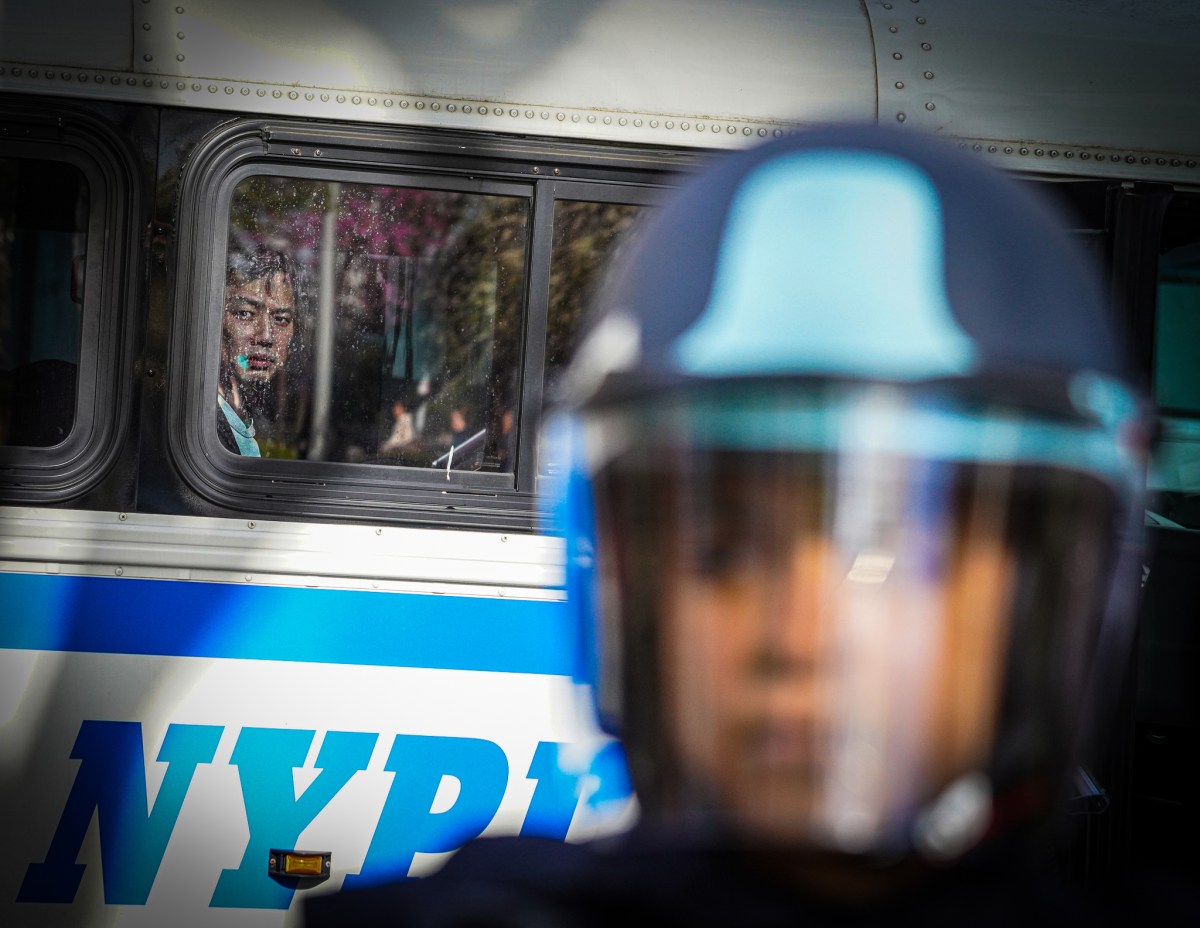When word crossed the border months ago that the U.S. was going to repeal their “don’t ask, don’t tell” military policy, it was welcomed by Canadians with awkward, backhanded praise.
Out gays in the military? Canadian soldiers have had the right to be out since 1992. Same-sex adoption? 1999. Same-sex marriage? 2005. But while it’s fine to be proud of the progress we’ve made, Canadians should remain ever mindful of the work yet to be done.
1. No explicit protections for trans people.
Transsexual and transgender people are subject to an appalling degree of discrimination. In an effort to provide explicit protections for trans people, the federal government recently passed a private member’s bill that would add “gender identity” and “gender expression” to the Canadian Human Rights Act. Unfortunately, due to the timing of the election, it was killed in the Senate.
Given the fierce opposition the bill faced from the Conservative party, it’s unlikely our trans community will see these necessary protections passed by the now-majority Harper government.
2. Homophobia in our schools
A report released last week by EGALE Canada found homophobia continues to be a major problem in schools across the country. Almost two out of three LGBT high school students do not feel safe.
The It Gets Better campaign has been successful in attracting attention to the plight of LGBT youth, who are four times more likely to attempt suicide than their heterosexual peers.
3. Gay men banned from donating blood
In Canada, men who wish to donate blood are banned if they’ve had sex a single time with another man since 1977. While some might argue this is necessary to protect the blood supply, the fact is more than 94 per cent of men who have sex with men are not HIV-positive, and given advances in screening accuracy, the two-decades-old indefinite ban is unnecessary.
In many countries the deferral period is one year and it’s been estimated that a five-year deferral in the U.S. would lead to an increase of 71,400 donors.
4. LGBT senior citizens more vulnerable
Currently, there are a number of benefits and tax credits for those who care for elderly family members, but eligibility requires a person to be caring for a spouse or be a biological relative. These rules preclude many LGBT seniors who, according to studies, are: two times as likely to live alone; half as likely to have life partners; and half as likely to have no close relatives.
5. LGBT at higher risk for hate crimes
The largest increase in reported hate crimes in Canada between 2007 and 2008 were those motivated by sexual orientation — which more than doubled. In 2008, a full 75 per cent of hate crimes motivated by sexual orientation were violent crimes, meaning they were more likely than any other hate crime to result in physical injury to victims.
Correction notice: The original version of this article was credited incorrectly. Justin Stayshyn is the author. Metro regrets the error.
















